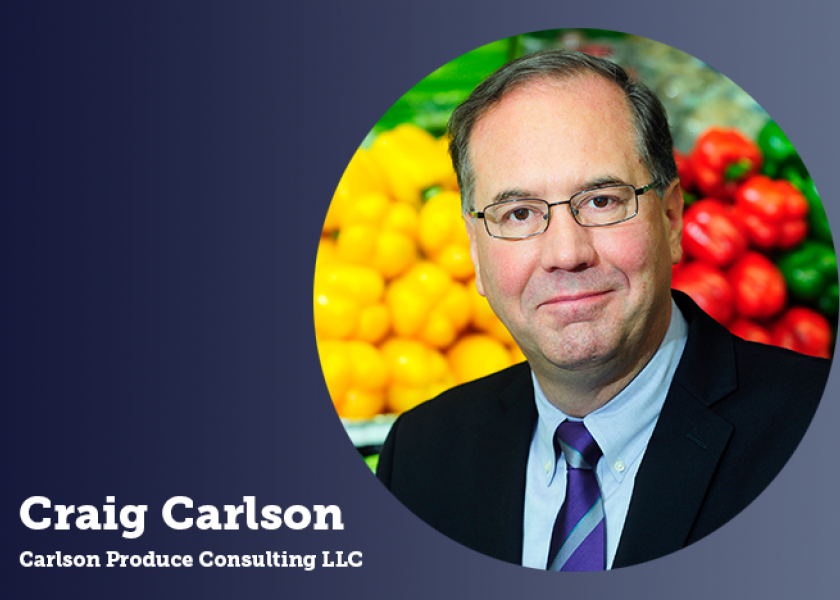How’s romaine labeling going at point of sale?

As part of a Food and Drug Administration statement on Nov. 26, “the FDA has urged growers, processors, distributors and retailers to:
- Clearly and prominently label all individually packaged romaine products to identify growing region and harvest date for romaine; and
- Clearly and prominently label at the point of sale the growing region when it is not possible for romaine lettuce suppliers to label the package (e.g. individual unwrapped whole heads of romaine lettuce available in retail stores).”
The industry has in turn committed to the FDA that these standards will become the future for labeling.
As romaine lettuce returns to supermarket shelves, I wanted to see what was actually happening at the point of sale.
In mid-December I visited four stores in Chicago to see how the industry was handling these new labeling requirements.
Mariano’s, a division of Kroger: Romaine had been back in stock for a week. Romaine hearts and bagged romaine were clearly labeled with the harvest date and growing region. Bulk romaine was not labeled with the growing region.
Jewel-Osco, a division of Albertsons: The bagged romaine did not have a label that identified the growing region and harvest dates. The romaine hearts were labeled correctly. The store was out of stock on its bulk romaine, but had a sign indicating that the product it was selling was not related to the most recent outbreak. Also, there was no region on the sign.
Trader Joe’s: The organic bagged salads had the harvest date, but did not have the growing region. The conventional bagged romaine salads and romaine hearts were labeled correctly, with both the harvest date and growing region. Bulk romaine was not available at this store.
Whole Foods: The store had just received its first shipments of packaged romaine. The bagged romaine products were labeled correctly. The romaine hearts were not labeled with either the pack date or region. Bulk romaine was not labeled with the growing region.
The leafy greens industry has agreed to establish a task force for long-term labeling solutions and product traceability. The FDA would like these solutions applied to all leafy greens.
Overall, the first wave of labeling romaine at the point of sale is here.
However, there is much more work needed by the industry to comply with these standards.
Craig Carlson is president and CEO of Carlson Produce Consulting LLC.







